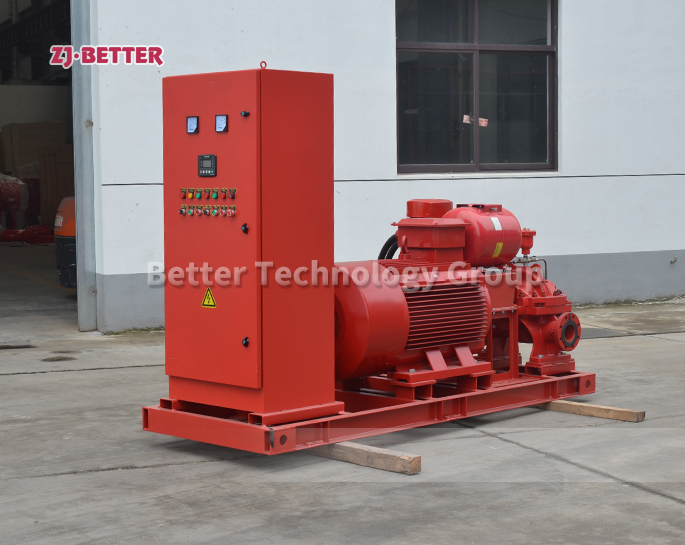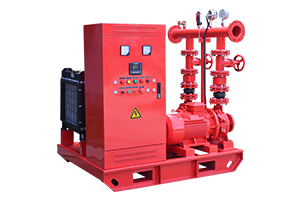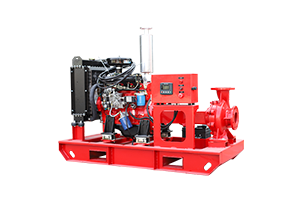How to Prevent Overheating in Electric Fire Pumps?
Introduction
Electric fire pumps play a crucial role in fire protection systems, ensuring adequate water supply during emergencies. However, overheating can compromise their efficiency, leading to potential failure when they are needed most. Preventing overheating is essential for maintaining the reliability and longevity of fire pumps. This article explores key factors contributing to overheating and practical strategies to prevent it.

Causes of Overheating in Electric Fire Pumps
-
Inadequate Cooling System
- Poor ventilation or blocked airflow can cause excessive heat buildup.
- Fire pumps require proper cooling to maintain optimal performance.
-
Continuous Operation Without Proper Rest Intervals
- Running the pump for extended periods without allowing it to cool down can lead to overheating.
- Ensure proper duty cycles to prevent excessive heat accumulation.
-
Poor Maintenance and Dirt Accumulation
- Accumulated dust and debris can clog cooling vents, restricting airflow.
- Lack of regular maintenance increases heat retention in motor components.
-
Overloading and Voltage Fluctuations
- Running the pump beyond its rated capacity can generate excessive heat.
- Voltage fluctuations and electrical imbalances can strain the motor.
-
Faulty Bearings and Lubrication Issues
- Worn-out bearings or insufficient lubrication increase friction, leading to overheating.
Best Practices to Prevent Overheating
-
Ensure Proper Ventilation and Cooling
- Keep the fire pump room well-ventilated and free from obstructions.
- Install cooling fans or ventilation ducts to dissipate heat effectively.
-
Regular Maintenance and Cleaning
- Perform routine inspections to remove dust and debris.
- Check motor components, cooling fins, and vents for blockages.
-
Monitor Load Capacity and Electrical Stability
- Operate the pump within its rated capacity to prevent overload.
- Use voltage stabilizers to maintain steady power supply and avoid electrical surges.
-
Check Bearings and Lubrication
- Regularly inspect and lubricate bearings to minimize friction and heat generation.
-
Install Temperature Monitoring Systems
- Use thermal sensors and alarms to detect excessive heat early.
- Implement an automatic shutdown mechanism to prevent damage from overheating.
Conclusion
Preventing overheating in electric fire pumps is vital for ensuring their reliability in fire protection systems. By following proper maintenance procedures, optimizing ventilation, and monitoring electrical loads, you can enhance the pump’s efficiency and lifespan. Implementing these preventive measures will help maintain compliance with NFPA 20 standards and keep fire safety systems operational when they matter most.






